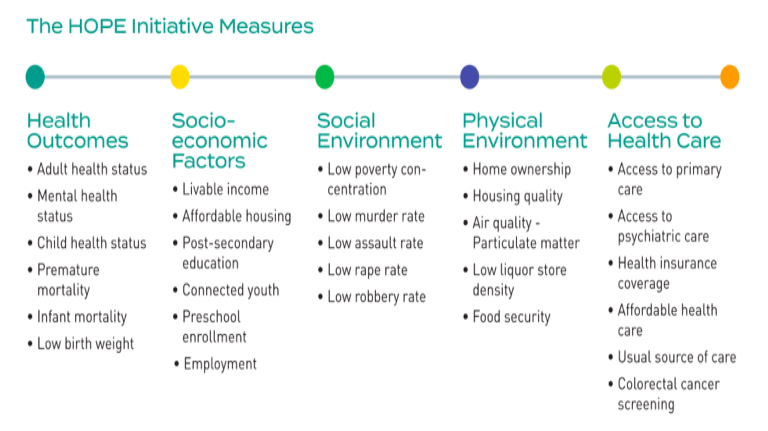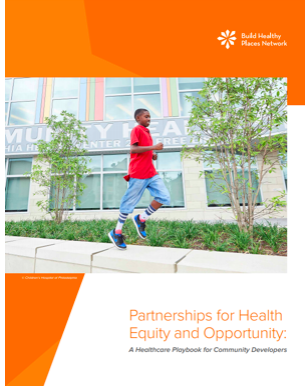Long-Range Planning for Health, Equity & Prosperity - A Primer for Local Governments
/ChangeLab Solutions has developed a resource by integrating health and equity considerations into planning practices. “This primer poses a series of questions in order to provoke thoughts on how planners can prioritize health and equity in their work. Readers of this resource will also gain an understanding of the ways that planning can support or impede health equity, as well as insight into how to integrate health and equity into everyday planning practice and decisionmaking. The Primer is for planners, local leaders, advocates, researchers, and consultants who want to advance health and equity in their communities through long-range planning.”
Highlighted from ChangeLab Solutions. Read more here.
Read More








